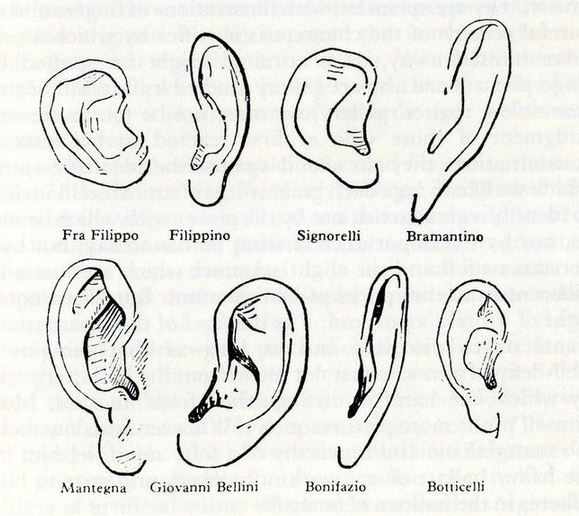In the place of an art of disengagement, which rejoiced in its separation from ordinary life, we are now to have an art which completely involves us in real life – what in France is called art engagé. If I am sceptical about this doctrine, it is because it seems to me to make essentially the same mistake as the theory which it opposes. Both try to escape, in opposite directions, from the plain and fundamental fact that art is an exercise of the imagination, engaging and detaching us at the same time: it makes us participate in what it presents, and yet presents it as an aesthetic fiction. From that twofold root – participation and fiction – art draws its power to enlarge our vision by carrying us beyond the actual, and to deepen our experience by compassion; but it brings with it a pertinent oscillation between actual and vicarious experience. Art lives in this realm of ambiguity and suspense, and it is art only as long as the ambiguity is sustained. However, suspense is an awkward condition to live in, and we are persistently tempted to exchange it for some narrow but positive certainties; and yet we know very well that, as soon as the artistic imagination begins to work on us, we leave the safe shore for the open sea.
Edgar Wind, art and anarchy (1967)
Waggish
David Auerbach on literature, tech, film, etc.
Tag: edgar wind
© 2025 Waggish
Theme by Anders Noren — Up ↑
